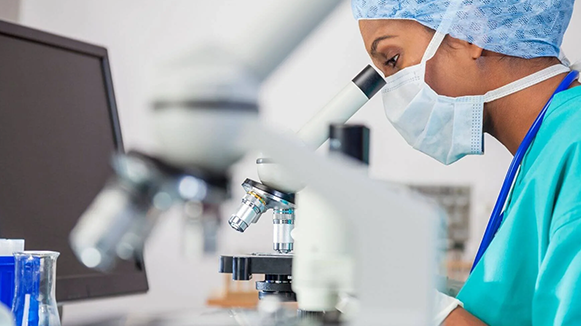UTI Panel Genetic Testing is a molecular diagnostic test that detects genetic material (DNA/RNA) of pathogens responsible for urinary tract infections (UTIs). Unlike traditional cultures, this test offers rapid, accurate identification of bacteria, viruses, and fungi linked to UTIs, often within hours. It can also screen for antimicrobial resistance genes, guiding effective treatment choices. This comprehensive panel helps pinpoint the exact cause of infection, especially in recurrent or complicated cases, reducing unnecessary antibiotics and improving outcomes. UTI genetic testing is particularly useful when symptoms persist despite treatment or when fast, precise diagnosis is crucial for patient care.
Choosing the UTI Panel Genetic Testing offers significant advantages over traditional urine culture methods. It provides rapid and highly accurate detection of a wide range of pathogens, including bacteria, viruses, and fungi, often within 24 hours. This advanced testing can also identify antibiotic resistance genes, enabling targeted and effective treatment, which is especially important in recurrent or complicated UTIs. By eliminating the guesswork in diagnosis, it helps reduce the misuse of antibiotics, minimizes treatment delays, and supports faster patient recovery. For healthcare providers and patients alike, it ensures a more personalized, precise, and proactive approach to managing urinary tract infections.





UTI Panel Genetic Testing is especially beneficial for individuals who experience frequent or complicated urinary tract infections, or when standard testing methods fail to provide clear answers. It is ideal for patients requiring rapid diagnosis, those with treatment-resistant infections, or individuals with underlying health conditions that increase their risk. This advanced testing helps ensure timely and precise treatment, reducing the risk of complications and antibiotic misuse.
You should consider this test if:

A clean-catch urine sample is collected in a sterile container, typically at a clinic, lab, or hospital.
The urine sample is processed in a laboratory to isolate any genetic material (DNA/RNA) from microbes present.
Specialized techniques are used to extract microbial DNA or RNA from the sample.
Polymerase Chain Reaction (PCR) is used to amplify specific genetic markers of pathogens and resistance genes.
The amplified genetic material is analyzed to detect and identify the exact pathogens and any antibiotic resistance.
A detailed report is generated within 24–48 hours, outlining the detected microbes and recommended treatment options.

 01
01
Our fully integrated E-Lab platform offers online test ordering, real-time tracking, and secure digital reporting bringing convenience and control to both physicians and patients across the country.
 02
02
From routine blood tests to complex genetic panels, we leverage cutting-edge platforms like NGS, PCR, and AI-powered analytics for maximum accuracy and clinical relevance.
 03
03
With lab facilities based in Florida, we ensure faster processing times and direct access to our expert team. You get timely results backed by responsive, local customer support.
At E-lab, we are dedicated to innovation, collaboration, and seamless growth.
